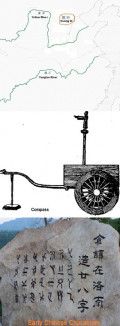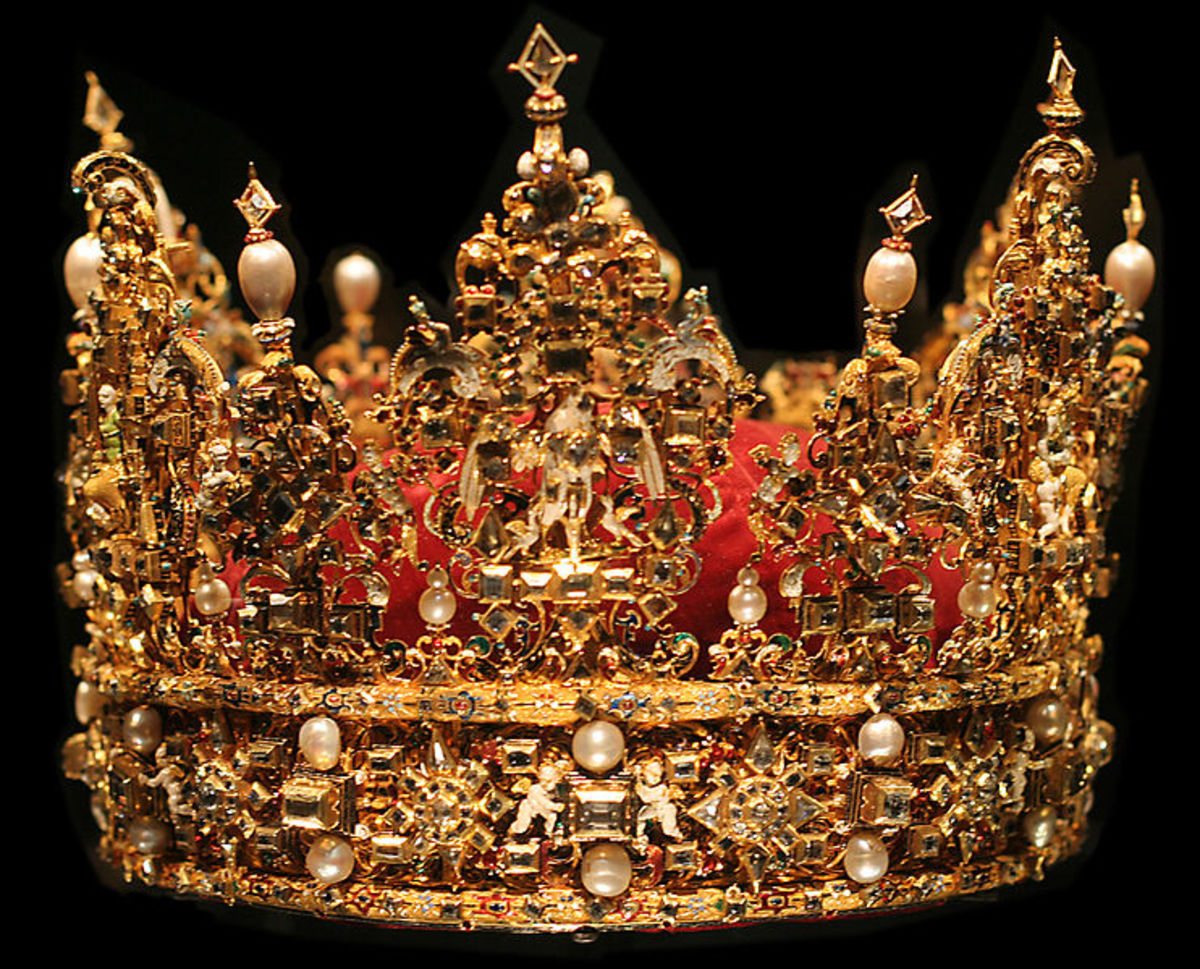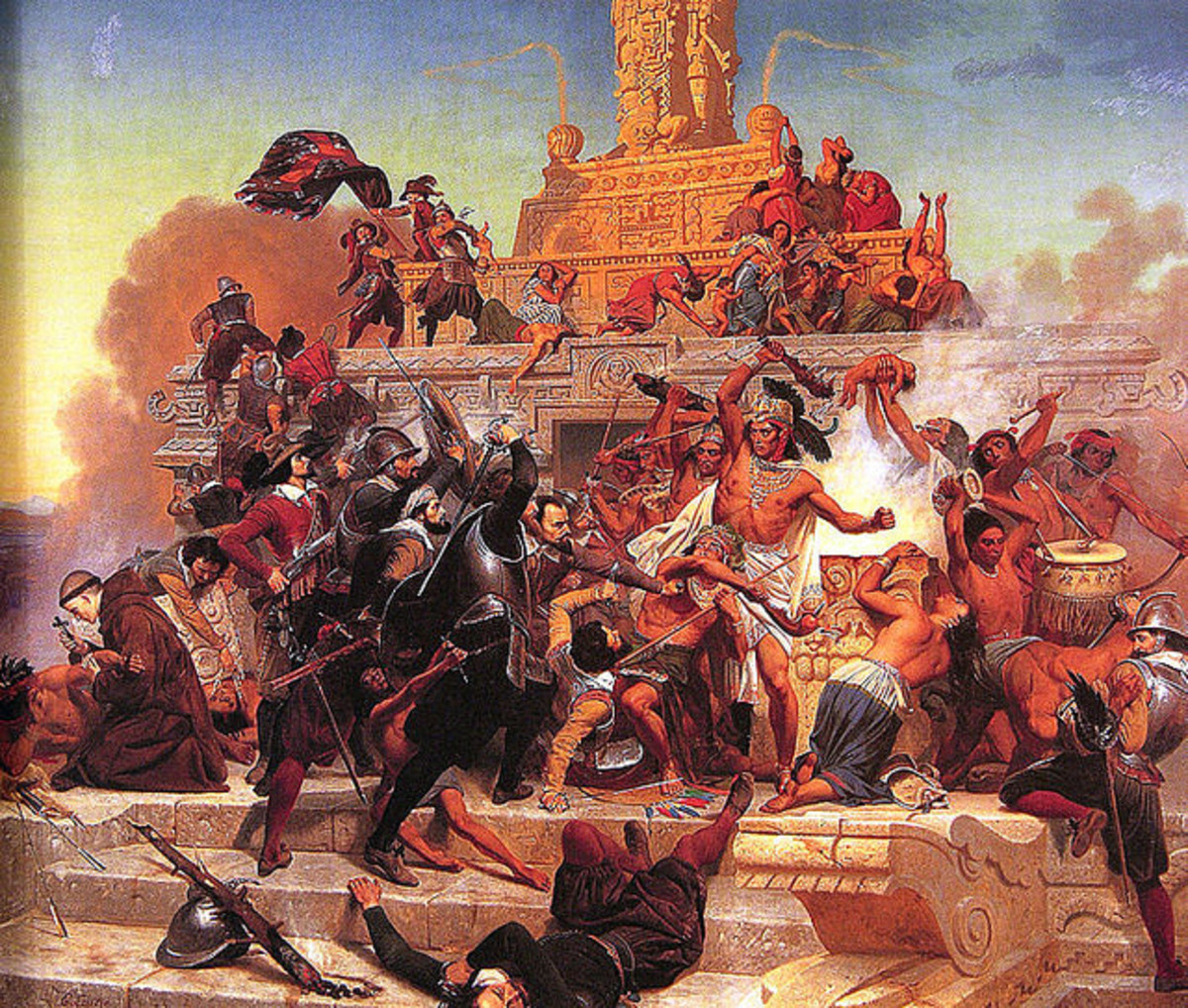Who Are the Chinese
There are 1.3 billion Chinese in the world. Most of them live in China, but, the Chinese can also be found almost in every corner of the globe living quietly, blending seamlessly, and working diligently in the faraway foreign lands. The Chinese civilization is 5000 years old. It is the only original civilization that has withstood the test of time and continued without interruption to the present day. As a result, it has passed along a way of life that every Chinese has learned to adhere in times of happiness or distress, prosperity or adversity, war or peace.
The Family
In old times, every Chinese was a member of a clan that was made up of many generations of the same family and their relatives. To maintain peace and order, everyone in the clan knew ones place and observed strict etiquettes and ancestral laws that ensured the propagation of the clan’s traditions, honor, values, and bloodlines. Today, the clan is a mere concept but its essence still lives in the individual family. Each member still has the obligation to bring prosperity and fame to the family. Every Chinese is under constant pressure to live not only a life that one wants but also a life of high expectation from the family.
The Education
Education for the kids is the primary concern of the Chinese parents. A good education ensures that their children will have a better chance to get a better job in the society, to gain respect from the neighbor, and to make good to the honor of the family name. The Chinese at a young age are drilled with the message of the importance of doing well in school through hard work and discipline. In adulthood, such qualities become a way of life to help competing to be successful in the society. But, sometimes those early training may turn out to be over regimental and prevent the Chinese to be innovative and imaginative. The Chinese find it hard to shake the characterization as a reliable and diligent worker lacking initiative and aggressiveness.
The Self Discipline
In addition of doing well in school, the Chinese are also taught the importance of self discipline which consists of the followings:
1) Emotion control – Do not show the emotion and the inner thought in public. One shall always think thrice before acting out important decision. In good time, one shall anticipate and prepare for the unexpected.
2) Modesty – One shall do ones best in a task and not to boast about the effort. When getting praise, one shall share the credit with the others. One shall always acknowledge ones mistake and learn from it.
3) Endurance – One shall make the best of a bad situation that one finds oneself in. One shall not complain and give in but to endure the adversity.
A Chinese who has achieved a high level of self discipline will appear to the outsider as passive, expressionless, humorless, and non-responsive but with carefully planned deeds and well thought out speech.
The Law Abiding
In the family, the Chinese are taught to respect the elders and obey the ancestral edict. So, it is natural for the Chinese to follow the law and fear the authority in the society. Breaking the law or cheating on the boss will bring great shame to the family and scorn from the neighbors. The Chinese have a blind faith in the government and are willing to follow its rule even when the living is harsh and they are occasionally unjustly treated. However, when push comes to shove, the gentle Chinese will all rise up and overthrown the repressive regime. Their 5000 years of history are testimonial to the fact.

The Traditions
The Chinese are the product of the world’s oldest and continuous civilization. Their complex and artistic language is the only spoken language in the world that still has its origin based on the simplified drawings of the surrounding subjects. Unlike any other civilizations, the Chinese’s moral values in life and belief after life are mainly rooted in the teachings of Confucius, a philosopher who lived 2500 years ago. All these time-honored traditions make the Chinese a person of culture and principle as well as of restraint in behavior and rigid in thought.
The Past
For 5000 years, the Chinese had lived in a secured and closed environment. Their ways of life had never been disturbed and challenged. With the arrival of the 20th century, it came as a big shock to the system that the Chinese found their conservative thinking, pacified behavior, and archaic defensive means could not prevent the closed door to be forced open and their comfortable living to be plundered by the foreign powers. Suddenly, the Chinese started to cast doubt on their values and beliefs. They rushed to study, learn, and adopt the foreigner’s scientific, democratic, and flexible ways. The changes were easy to make on the outside but the Chinese were in conflict in the inside:
1) They had to be aggressive in the demeanor against their gentle nature.
2) They had to be outspoken in public against their modesty ideal.
3) They had to keep an open mind for new ideas against their preference for the norm.
4) They had to express their feelings and show their emotions in public to avoid the impression of uncaring and inapproachable.
5) They had to be more sociable and to participate in local community services. Minding one’s own business was no longer acceptable.
The Present
Today, the Chinese have learned to reconcile the two different life styles and schools of thought. They find that they can still rely on the old ways of endurance, modesty, and thoughtfulness to guide them safely through this modern world of high tension, fast pace, and materialistic livings. They realize that the old sayings that:
1) Do not do and say to the others the ways you want the others do and say to you.
2) There are straight trees in the mountain but there is no straight man in the world.
3) Blame the tree for not having leafs on its branch, don't direct the complaint to the sun shining any different.
4) Clear water supports no fish, strict person bears no wisdom.
5) Force can put down resistance but only kindness can win over the hearts and minds.
have never been more helpful to understand and navigate through today’s complex and indifferent society.
With today’s advance in medicine, no ailment seems untreatable. Instead of a healthier world, people are plagued with a new form of disease that is the result of over-eating and stressful living. But, the Chinese have found a good cure for this new disease in their 4500 years old medicine that emphasized a holistic living with herbal and needle treatments that had minimum side effects and maximum healing benefits.
The Future
For 5000 years, the Chinese have been through civil wars and long lasting peace, have known beautiful poetry and ugly innuendos, and have experienced discrimination and exploitation. As the Chinese march into the 21st century, their past will be like an invisible hand guiding them through the unexpected, the ups, the downs, and challenges in life. The Chinese may not be the smartest, the most creative, the most artistic, or the strongest physically. But, they have proved to be the most populous, the most industrious, and the most peace loving people on this planet, Earth.








